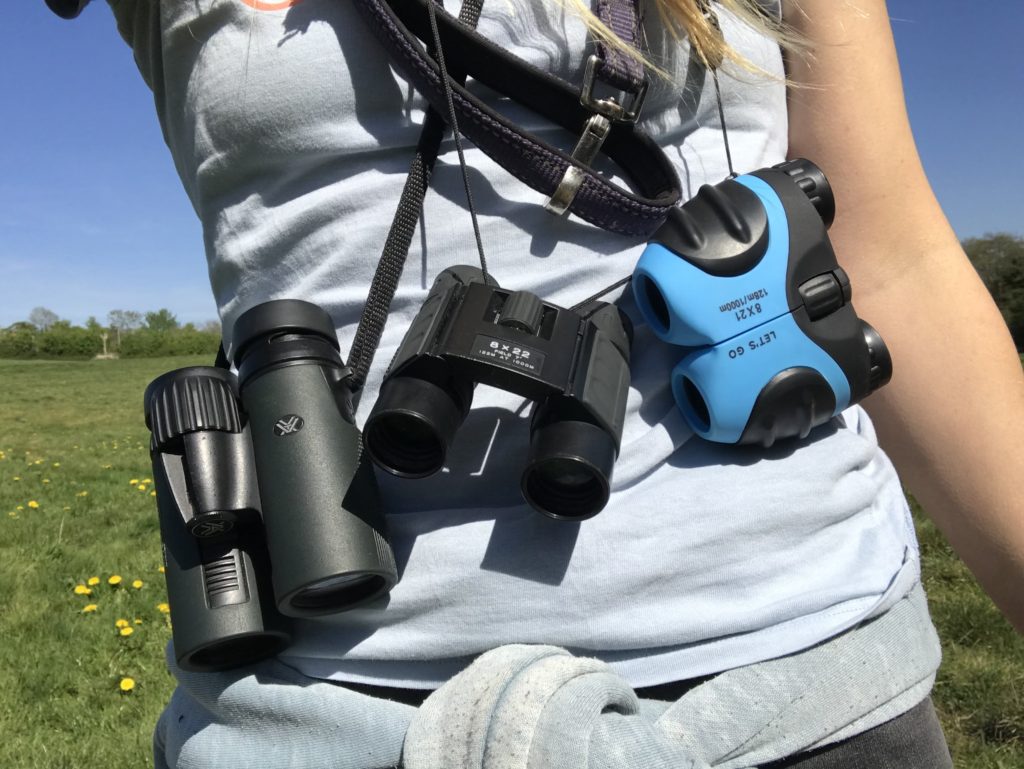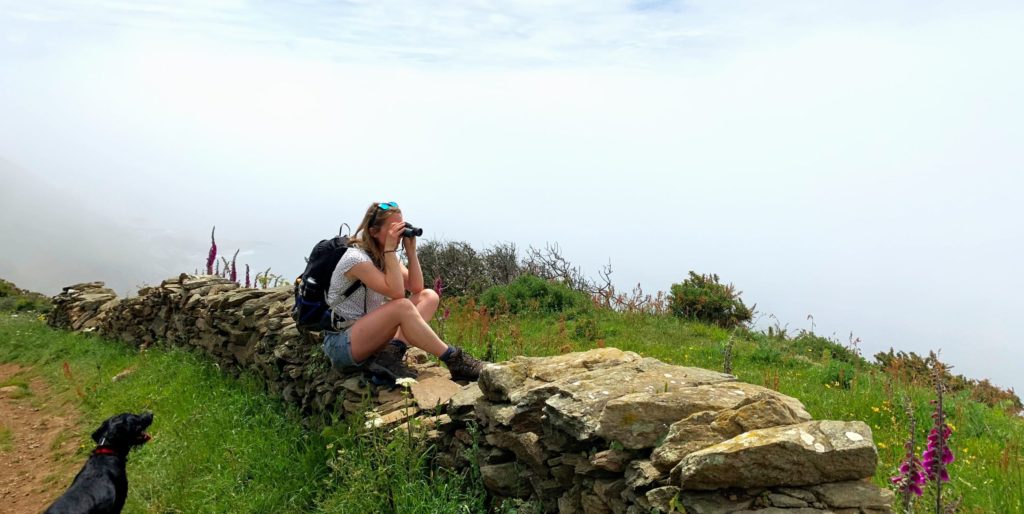I’ve found a baby bird. What do I do?
It’s very difficult to know what to do when you find a baby bird on the ground. They look so helplessly cute and vulnerable. There’s also the problem that when you find a fledgling bird, it’s inevitably at an awkward moment. You’re generally late on the school run, trying to get to work or carrying a crying child and has anyone ever had a box to hand to rescue the poor little soul!?
Well fear not. Here I explain what to do if you find a baby bird.

What is a fledgling?
A fledgling is a baby bird that has grown-up enough to leave its nest. It’s like a teenager ready to spread its wings (literally and metaphorically). Fledglings are fully feathered but can look a little dishevelled and fluffy.
I’ve found a baby bird. What should I do?
1. Leave it alone
When baby birds first fledge the nest, their wings are a bit out of practice so they tend to head straight for the ground. They’ll then sit there, totally unaware of any danger calling for their parents to give them some food. They can be on the ground for a day or two, sometimes longer, whilst their flights feathers finish developing.
This is when humans tend to find them. They look lost, alone and ever so helpless, but they’re not. The parents are never far away but they’ll be busy gathering food or otherwise hiding from you.
Step well back for a while and you’ll likely see the parent birds swoop down and try to encourage the little ones to safety. If you interfere, it’s more likely the parent will abandon the chick and that leaves it in real danger.
2. Make sure it’s safe, and then leave it alone.
Sometimes chicks can plop out of their nests into awkward places, like busy roads.
If you see a chick sitting on a road, gently encourage it to hop into the undergrowth so it won’t get squished. Then leave it to its parents. You can pick them up to move them a short distance, as long as they’re still in hearing range of their parents.
If you have a cat, keep it indoors until the fledglings are safely up in the trees.
3. The baby bird I found doesn’t have many feathers!
If the young bird is unfeathered it may have fallen out of a nest by accident. If you can clearly see the nest, it might be possible to put it back but only do this if you are sure which nest the chick came from. It would be slightly awkward if you popped a plump owl chick into the nest of a little blue tit…. Not sure the parents would appreciate your rescue efforts!
Plus, check that the chick appears strong and healthy. Sometimes parent birds know if there is something wrong with one of their chicks and will eject the baby from the nest so they can concentrate on looking after the healthy siblings.
4. I’ve found an injured bird
If you find an injured bird, it’s another matter. You can try to help it by scooping it into a box and calling a local rescue centre to see if they can help. This is where you need to make a judgement call. Rescuing a bird will cause it a great deal of stress. If left alone, the bird will be killed by a predator which, though unpleasant, is a natural and quick way to die. When you find an injured bird, you need to decide whether it looks likely to recover, or whether it’s so injured that it will have to be put down but suffer the stress of being captured. If it’s the latter, you’re best leaving it alone.
As empathetic creatures, we humans always want to help, but sometimes walking away is the best thing to do.
Who to call if you find an injured bird.
If you find an injured bird you can call the RSPCA or find a local animal sanctuary close to you.
What can I do to help baby birds?
- Drive carefully.
In Spring and early Summer, I see so many baby birds squashed by cars. Birds will nest in roadside hedges and then the fledglings will divebomb on their new little wings straight down to the road. The parents will then encourage them into the safety of the hedgerow but this can take time. In fledgling season, drive slowly and always check the road edges for baby birds. - Keep cats indoors.
The greatest thing you can do to help baby birds is keep you cat indoors during the Spring/Summer fledgling season. When the birds are newly fledged, they’re most vulnerable to predators. Cats are the only predators that we can control and we should, because our bird numbers are plummeting. The sheer number of domestic cats is having a significant impact on this decline.
Find out more information on how to help baby birds on the RSPB website.

If you like birds:
- Nature Nerding: 5 Birds for Spring
- Books for nature loving kids
- Make loo-roll bird feeders
- Become a wildlife detective